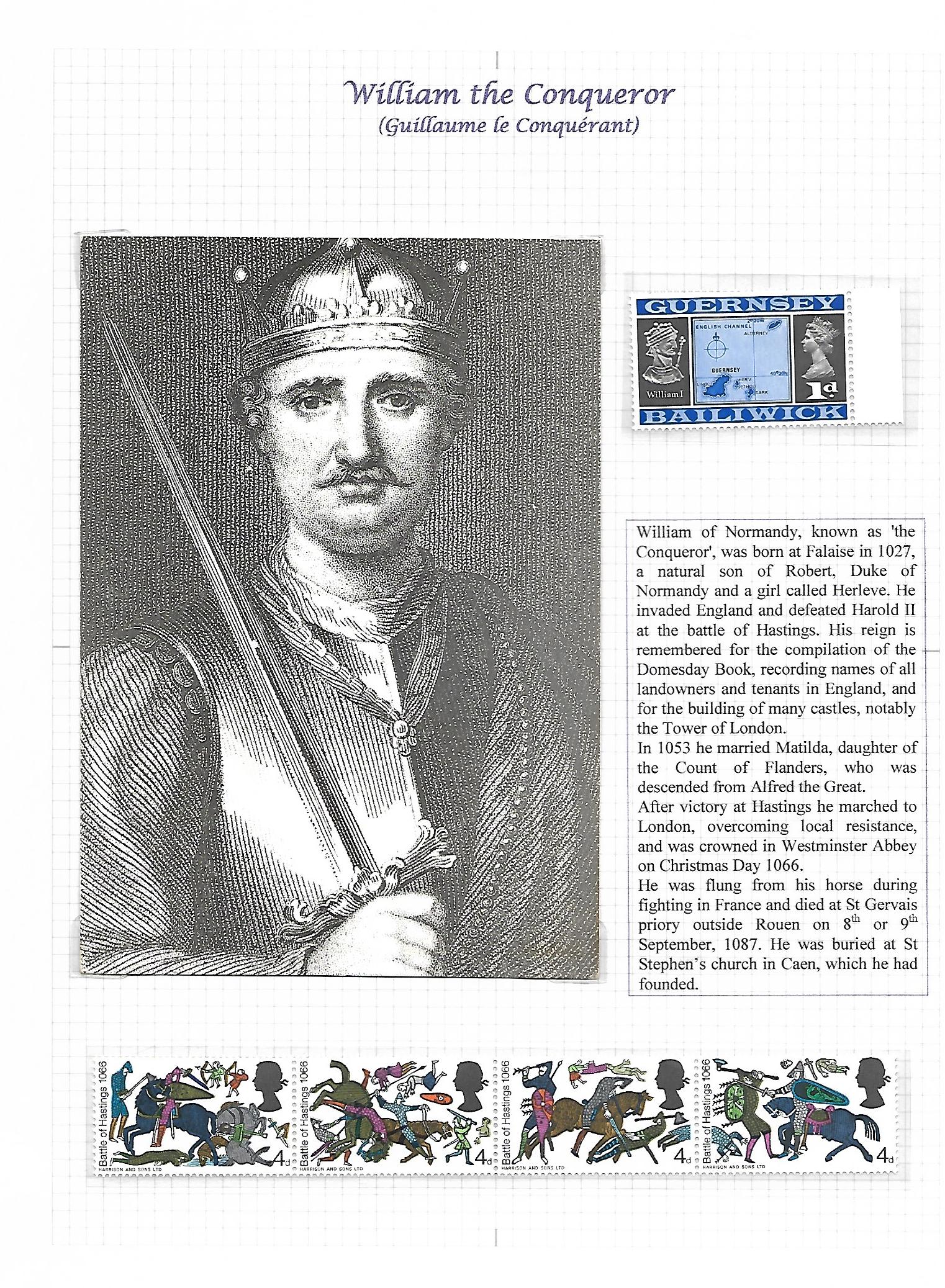
Tour of Israel (David Hague)

Protestant Reformation (David Hague)
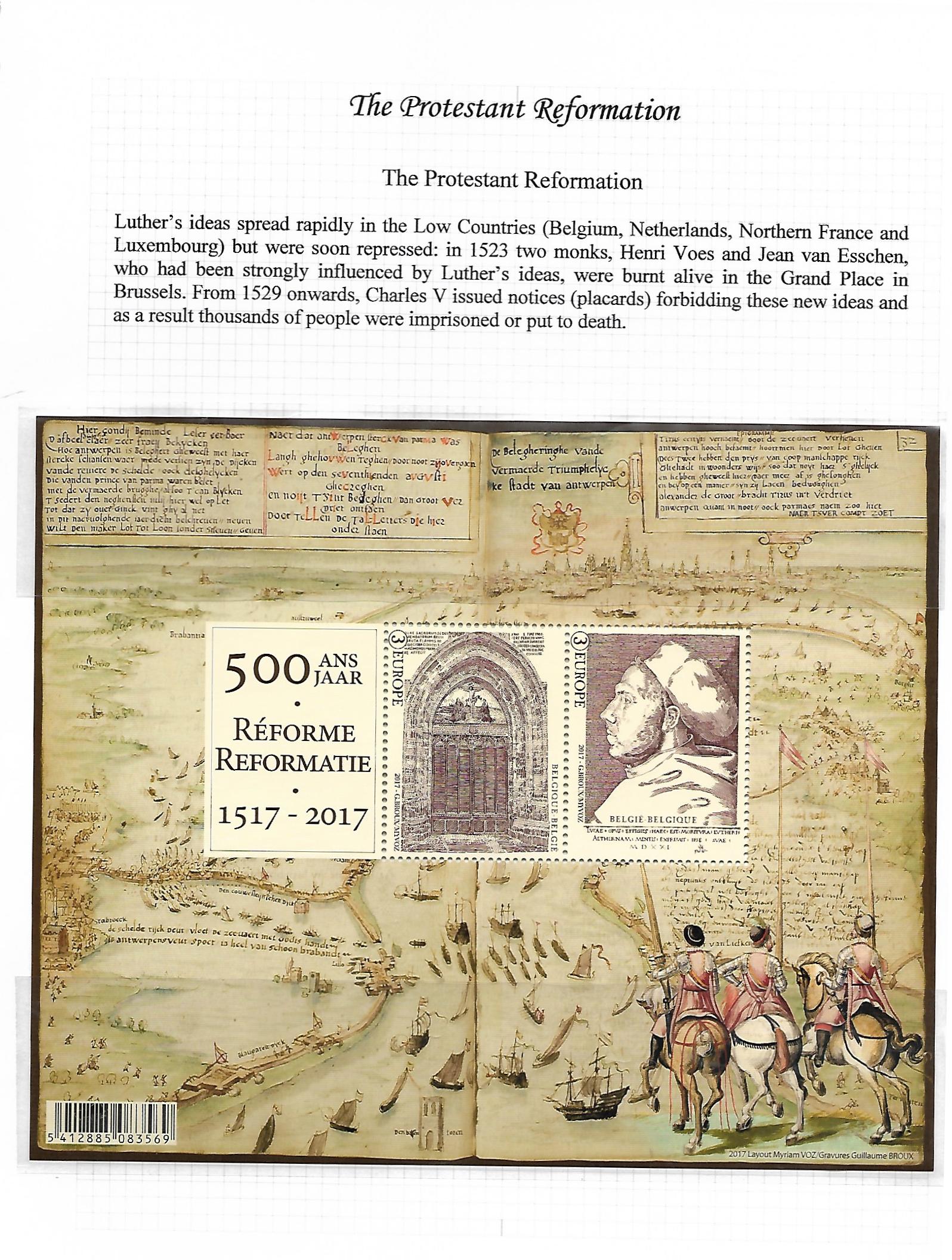
Popes (David Hague)
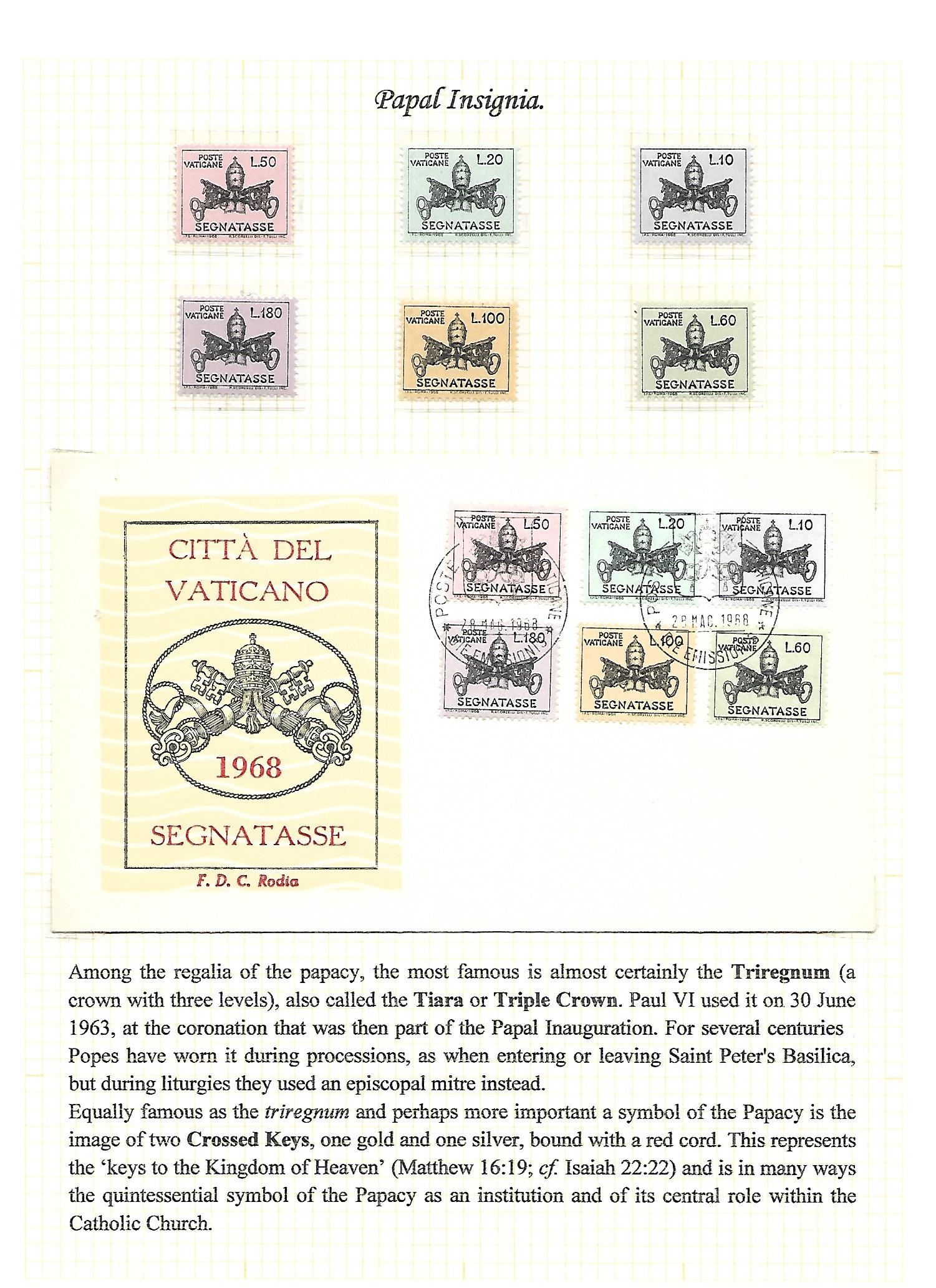
Palestine (David Hague)
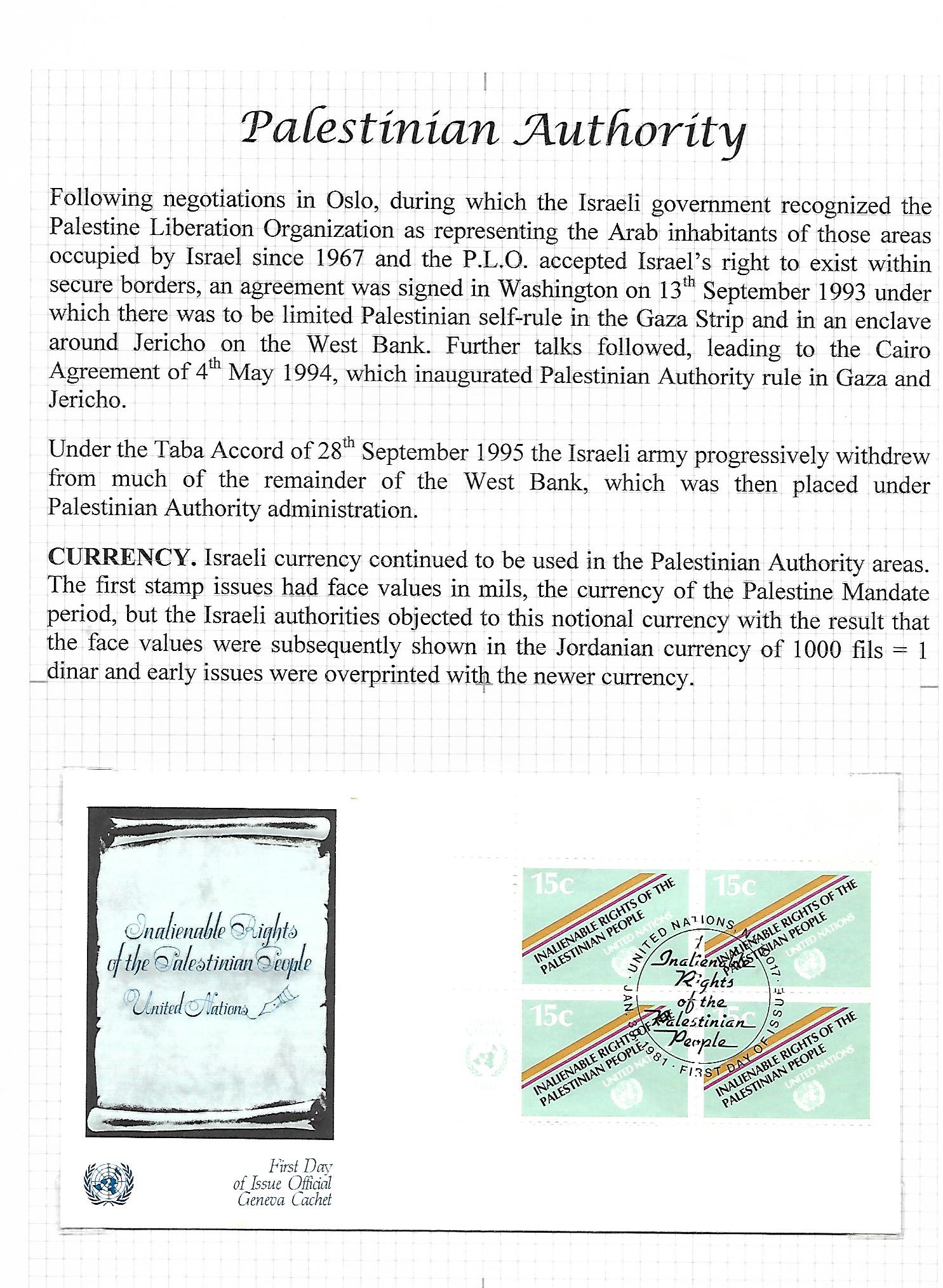
Joan of Arc (David Hague)
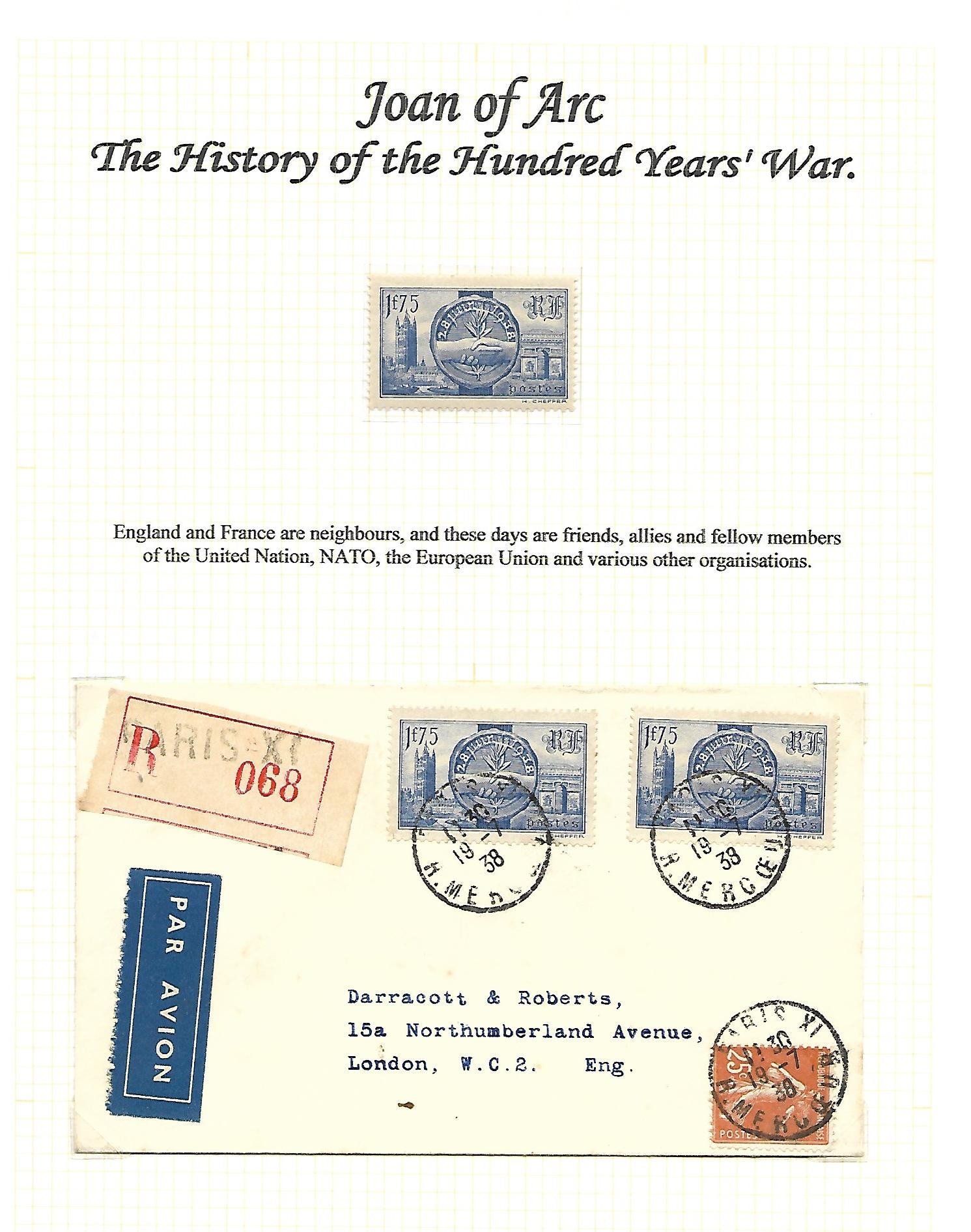
Israel (David Hague)
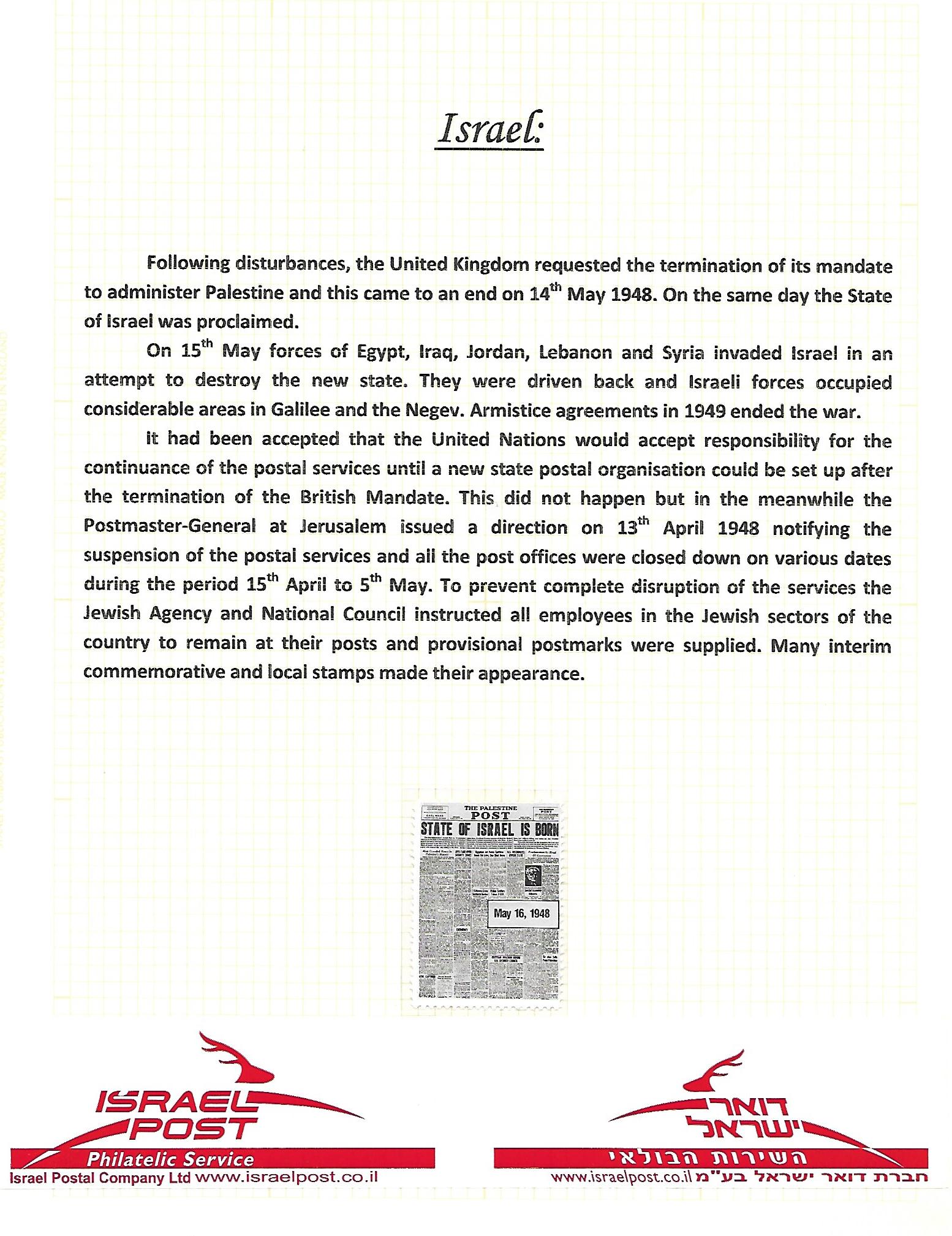
Bible (David Hague)
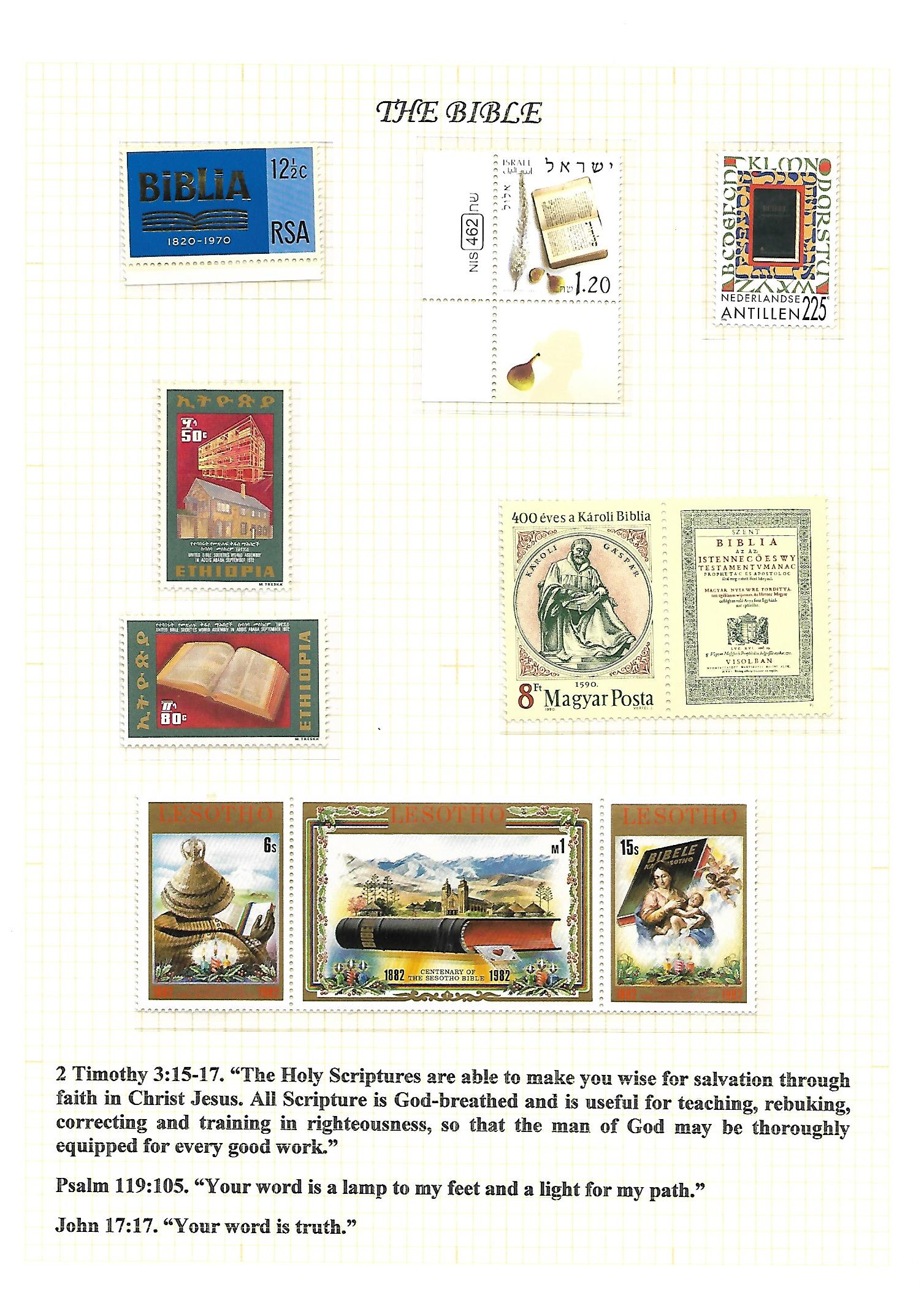
Angels (David Hague)
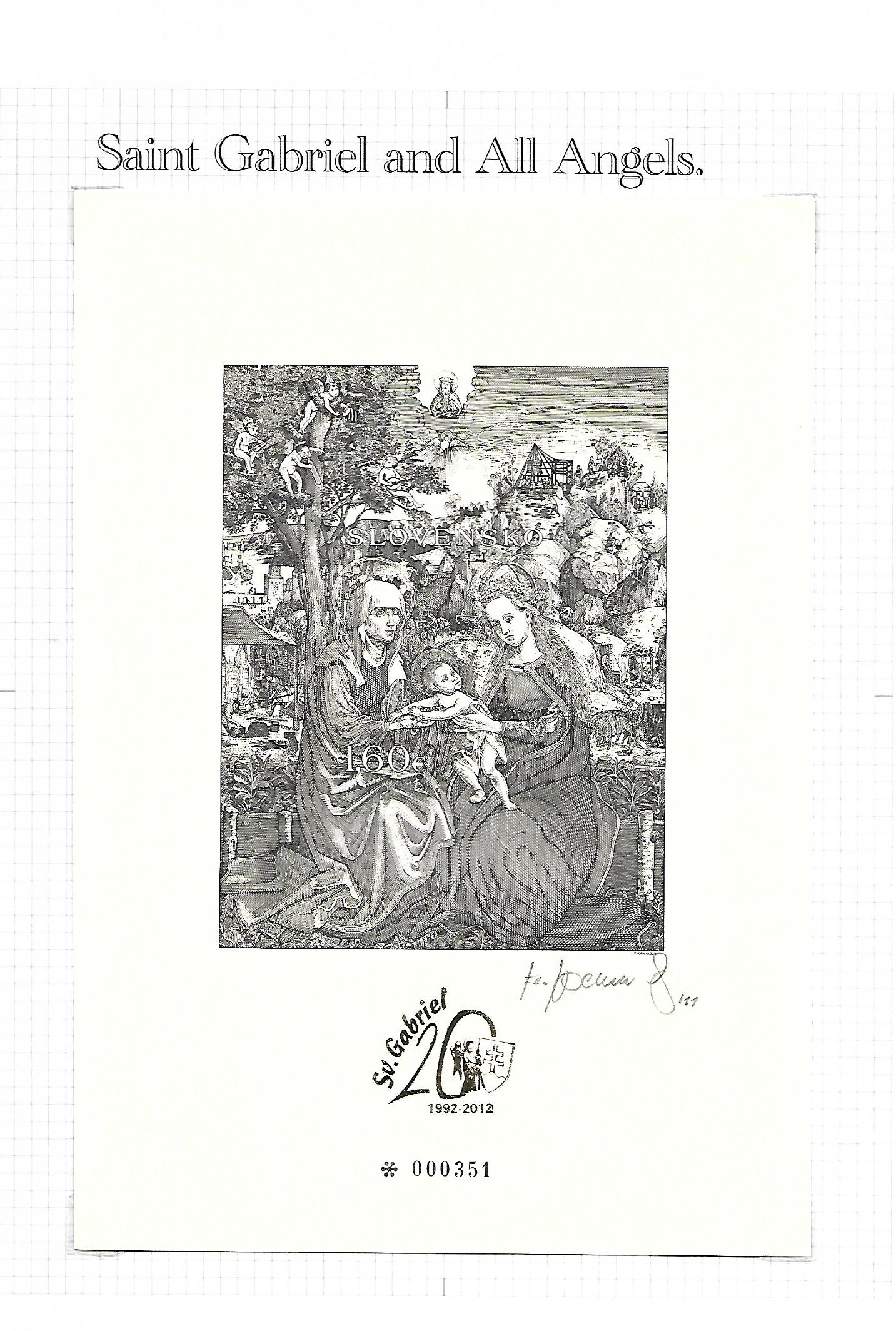
The Protestant Reformation
The Protestant Reformation was a movement in Europe that began with Martin Luther’s activities in 1517 and ended with the Peace of Westphalia in 1648. The movement began as an attempt to reform the Catholic Church and led to the fracturing of Christendom. Many western Christians were troubled by what they saw as false doctrines and malpractices within the Catholic Church, particularly involving its teaching and the sale of indulgences. Another major contention was the practice of buying and selling church positions (simony) and the tremendous corruption found at the time within the Church’s hierarchy.
On 31 October 1517, in Saxony (in what is now Germany), Martin Luther nailed his Ninety-Five Theses On the Power of Indulgences to the door of the Wittenberg Castle Church, which served as a notice board for university-related announcements. These were points for debate that criticized the Church and the Pope. The most controversial points centred on the practice of selling indulgences and the Church’s policy on purgatory.
2017 saw the 500th anniversary of this historic event and, as far as we know, 33 countries have issued stamps or mini-sheets to celebrate this: Austria, Belgium, Belarus, Benin, Brazil, Canada, Central African Republic, Congo, Croatia, Djibouti, Dominican Republic, Estonia, Faroe Islands, Gabon, Germany, Guinea Bissau, Hungary, Iceland, Ivory Coast, Kosovo, Latvia, Lithuania, Madagascar, Mali, Namibia, Niger, Papua New Guinea, Poland, Rwanda, Sierra Leone, Slovenia, Togo and Vatican.
If you know of any others, or have any queries, please contact our correspondent on: david@hagueonline.net
